
Case study
Assessing the economic benefits of the QUT Health and Wellness Precinct
Synergies was engaged by the Queensland University of Technology (QUT) to assess the economic benefits of the proposed QUT Health and Wellness Precinct, which will be designed to operate as a hub of excellence for translational research, innovation, teaching and learning with a strong focus on evolving technology. The project involved assessing the economic benefits of several programs and initiatives that are similar to the activities to be conducted within the Precinct in addition to ...
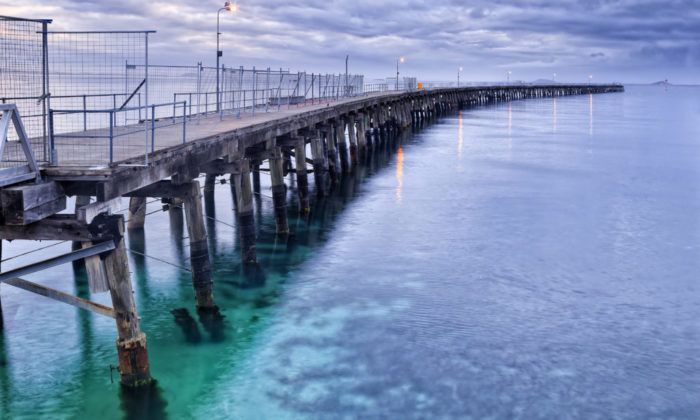
Case study
Assessing the economic benefits of restoring the historic Esperance Tanker Jetty
The Shire of Esperance is examining options for replacing the 80-year-old Esperance Tanker Jetty, which is currently in a dilapidated state. Synergies, in partnership with Whitney Consulting, was engaged by the Shire to prepare a cost benefit analysis as part of a business case for restoring the structure, with consequent tourism and amenity benefits for Esperance. The Shire used the business case and supporting analysis to apply for funding from the Australian Government’s Building Better ...
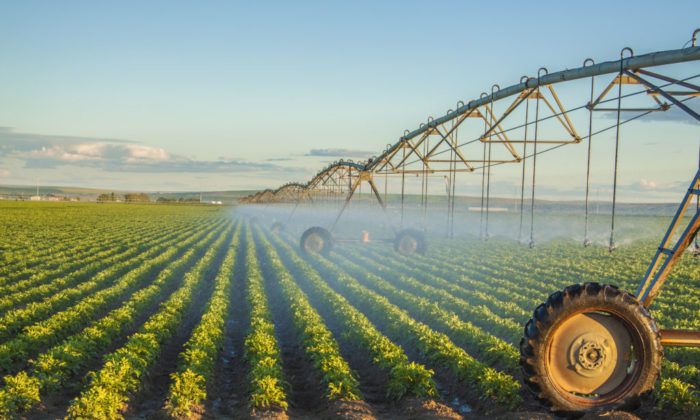
Case study
The economics of options for managing groundwater in Perth’s Gnangara area
The Gnangara Mound just north of Perth is an important source of groundwater for public water supply, agriculture, and other users. Groundwater levels have been falling over the last 20 years or due to declining rainfall, increased groundwater abstraction in line with population growth, and the impact of pine plantations in the area that use considerable volumes of water. Synergies was engaged by the Department of Water and Environmental Regulation (DWER) to quantify the economic ...

Case study
The Economic Impact of Robotics and Automation
Synergies investigated the implications of robotics and automation for the Queensland economy for the Queensland University of Technology (QUT). The report comprehensively surveyed the international experience of increased automation and found that the Queensland economy was particularly well placed to adapt to and benefit from increased automation.
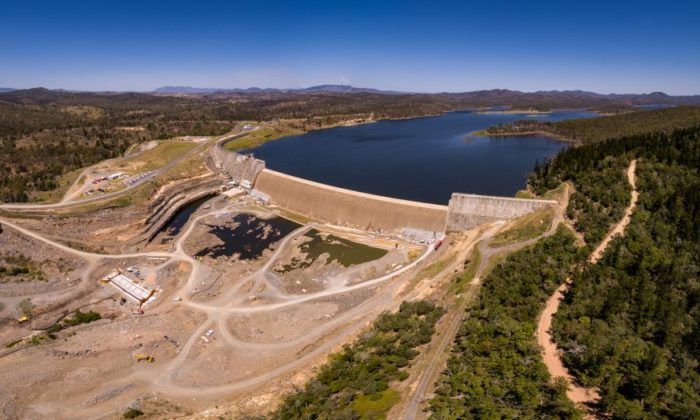
Case study
Economic evaluation of the Burnett River to Howard Water Supply Pipeline Project
Synergies was engaged by the Department of State Development, Manufacturing, Infrastructure and Planning (DSDMIP) to conduct the economic analysis of the Burnett River (Paradise Dam) to Howard Water Supply Pipeline Project (the Burnett River pipeline project) in accordance with the requirements for a Preliminary Evaluation as set out in the Queensland Government’s Project Assessment Framework.
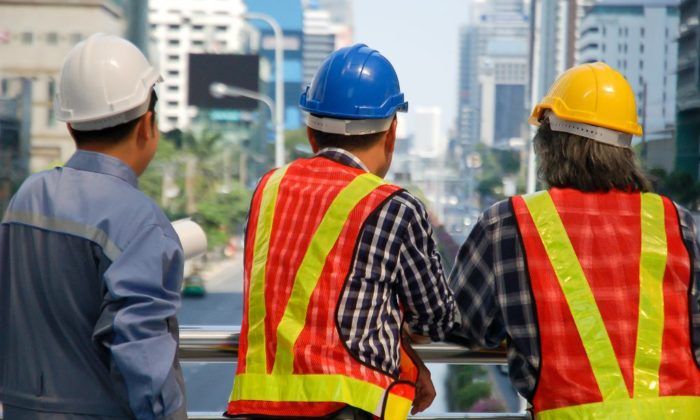
Case study
Mapping short to medium term shifts in the structure of labour markets
Synergies was engaged by Jobs Queensland to investigate the short to medium term shifts in the structure of labour markets in Queensland and Queensland regions, concentrating upon likely shifts in industrial and occupation employment. Results from the shift-share analysis and regional modelling were to be used by Jobs Queensland to inform labour market scenarios in upcoming detailed investigations.
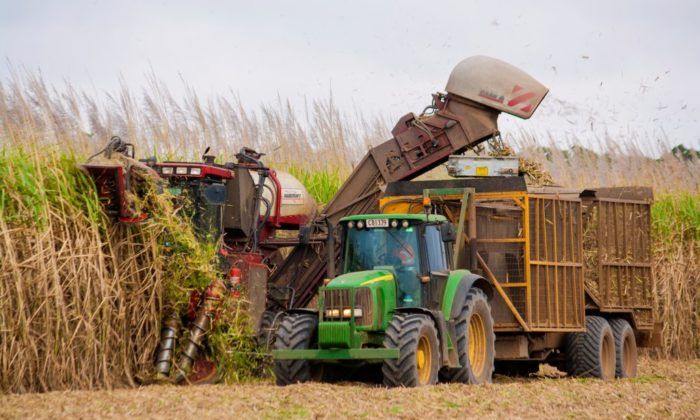
Case study
Assessing the economic benefits and costs of regulation in Australia’s sugar industry
Synergies was engaged by Canegrowers and the Australian Cane Farmers Association (ACFA) to assess the economic benefits and costs of the Competition and Consumer (Industry Code – Sugar) Regulations 2017 (the Code). The project included a detailed assessment of the sugar industry, the conduct of its participants and the rationale for light-handed regulation of the marketing of raw sugar. The project assessed the Code’s impact on the industry since its implementation in 2017 and the ...

Case study
ATCO’s proposed Network Innovation Scheme
Synergies was engaged by ATCO Gas (ATCO) to prepare an expert report establishing the economic case for an innovation incentive scheme – the Network Innovation Scheme – to be incorporated into its proposed access arrangement to the WA Economic Regulation Authority (ERA) for the 2020 to 2024 regulatory period. The proposed Network Innovation Scheme was intended to be in the long-term interests of WA gas consumers through encouraging ATCO Gas to seek out new and ...

Case study
Reviewing Sydney Water’s obligations to service wholesale customers
In 2006 the NSW government introduced new legislation to facilitate competition in the provision of water and wastewater services. Since that time, a number of independent water utilities have emerged. These utilities can, and do, compete with Sydney Water in delivering services to retail customers. In this study, Synergies was engaged by the NSW Independent Pricing and Regulatory Tribunal (IPART) to examine whether there should be any specific obligations imposed on Sydney Water to ensure ...
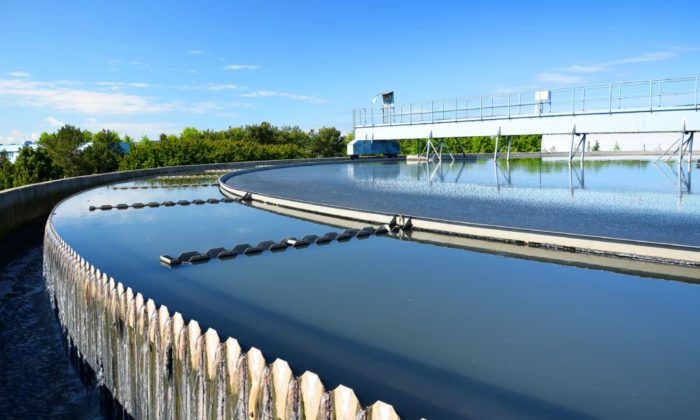
Case study
Commercial feasibility of recycled wastewater for industrial supply in WA’s Western Trade Coast
The Western Trade Coast (WTC) is a 3, 900 hectare industrial region adjacent to Cockburn Sound, just south of Fremantle in Western Australia. Planning provisions have been made to accommodate the development of new heavy industry in the region. Over the next 10 years it is forecast that an additional 6.4 gigalitres of water will be required to support the growing needs of industry. This level of demand is expected to exhaust all remaining ‘in ...
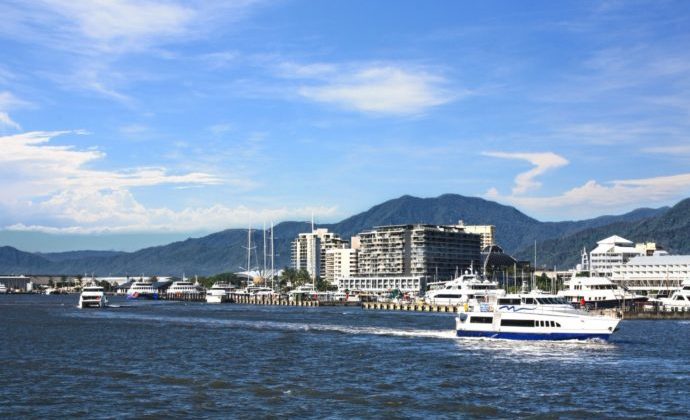
Case study
Cairns shipping development and improved port efficiency
Synergies was engaged by Building Queensland to conduct a peer review of a demand assessment and economic analysis for input into a Detailed Business Case to support infrastructure development at the Port of Cairns. A strong Business Case was crucial in securing government approval and funding that has resulted in the Port of Cairns now being better equipped to accommodate and welcome the anticipated relaunch of cruising
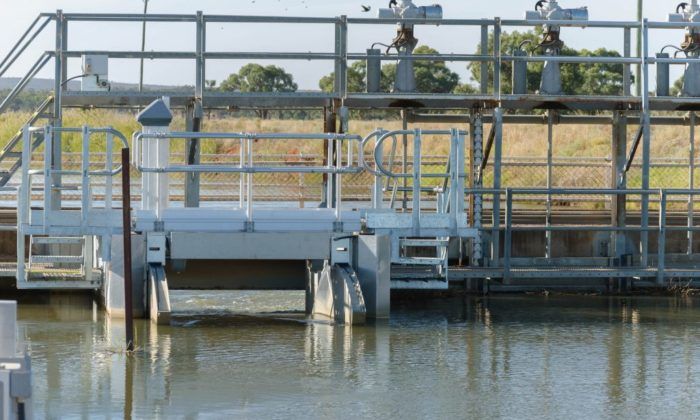
Case study
Assessing the feasibility of the NuWater project
Synergies was engaged by the Queensland Farmers’ Federation (QFF) to undertake a water demand assessment and to assess the economic and financial and commercial feasibility of the NuWater project – a proposal to supply recycled wastewater from treatment plants in South East Queensland to agricultural producers in the Lockyer Valley and on the Darling Downs.

Case study
Economic and financial viability of wastewater recycling options for Perth’s north east corridor
This project assessed the economic and financial viability of a number of different options for supplying non-potable water to Perth’s north east corridor. This is a mixed rural-residential area on the fringe of Perth that is experiencing increasing demand for water as new residential estates are developed, while at the same time being confronted with depleting groundwater due to climate change. The Department of Water and Environmental Regulation (DWER) engaged Synergies to assess whether there ...
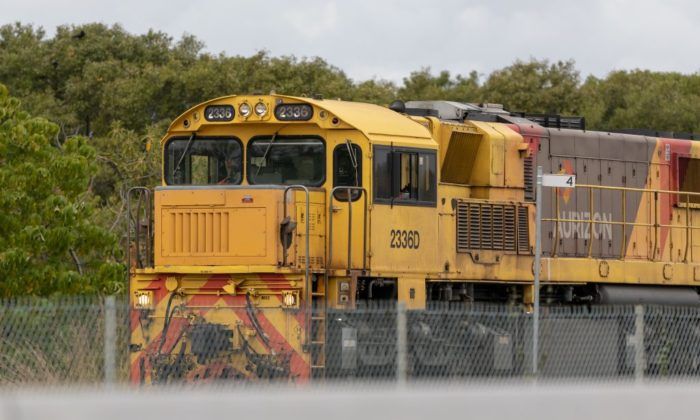
Case study
Regulatory assistance in rail access
In 2018, Synergies was a key economic advisor to Australia’s leading rail infrastructure company (Aurizon Network) for the preparation of its regulatory submission responding to the Queensland Competition Authority’s ‘UT5’ draft decision. The QCA’s draft decision signalled that the regulator was unlikely to approve Aurizon Network’s proposed prices for access to the Central Queensland Coal Network (CQCN), on the basis that costs, and thus prices should be lower. Aurizon Network did not support the QCA’s ...
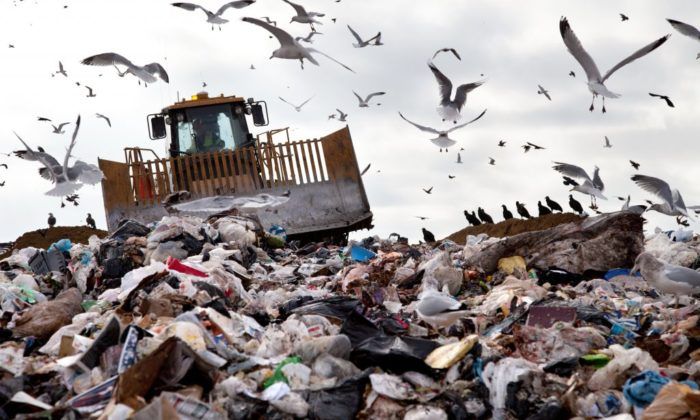
Case study
Economic needs assessment of a proposed new landfill facility
Synergies was engaged by Lantrak to undertake an economic needs assessment of its proposal to develop a new landfill facility at Jeebropilly in the Ipswich City Council region. The objective was to prepare a report as an attachment to the development application, assessing the need for future landfill disposal capacity in Ipswich as well as the broader southeast Queensland (SEQ) region

Case study
Options for an energy efficiency scheme in WA
The cost of household energy bills in Western Australia has increased substantially over the past decade and is forecast to keep rising, driven by projected increases in electricity prices above the rate of inflation. This is contributing to pressures on household budgets, particularly those on low incomes. Government programs to assist low income households improve their energy efficiency is one means of addressing rising electricity prices and the financial hardship caused. The WA Public Utilities ...
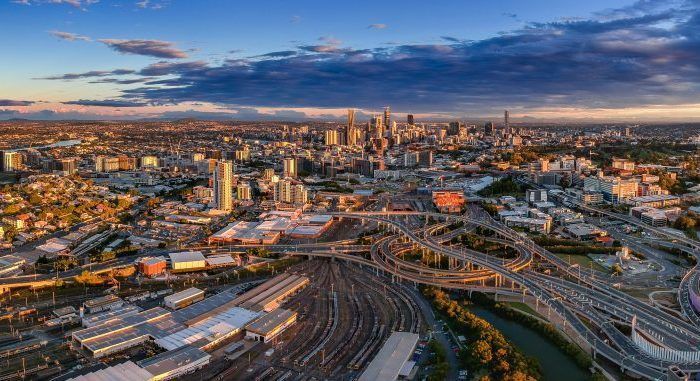
Case study
Economic conditions and transport demand
Synergies was engaged by MolinoCahill to provide an independent expert report regarding the current and forecast economic conditions applicable when ARUP prepared its patronage forecasts for the Airport Link toll road in 2008, and how actual economic conditions varied from the forecasts as a result of the GFC.
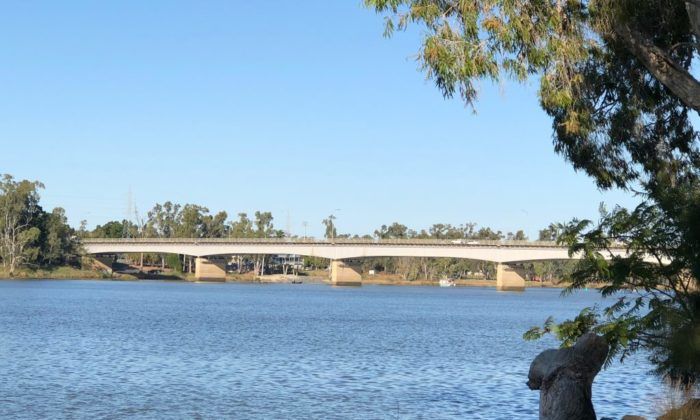
Case study
Economic analysis of the Lower Fitzroy River Infrastructure Project
Synergies was engaged by Building Queensland to assist with the development of the Detailed Business Case for the Lower Fitzroy River Infrastructure Project. Synergies’ key task was completing an economic analysis of the proposed Rookwood Weir, which will be capable of supplying up to 76, 000 ML per annum for urban, industrial and agricultural use. Synergies also assisted with the preparation of several other chapters of the business case, including the base case, public interest ...
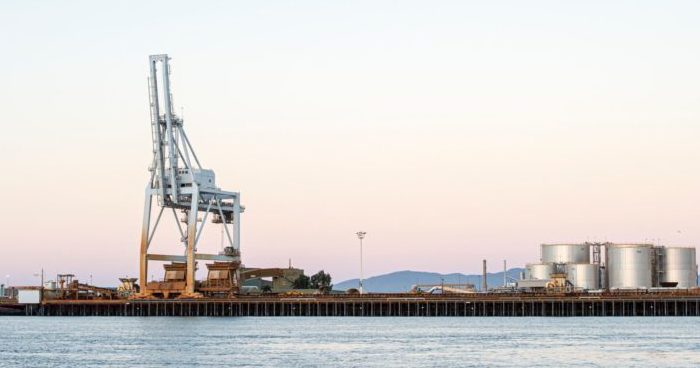
Case study
Assessing the growth potential of containerised freight at Port of Townsville
Synergies was engaged by Port of Townsville Limited (POTL) to assist with the development of a business case for its Channel Capacity Upgrade Project (CCUP), a $200 million project to widen existing navigational channels to allow larger vessels safe access to the port. Synergies conducted an assessment of the logistics supply chain to assess the economic benefits of the project in terms of Port of Townsville’s ability to both maintain existing trade and attract new ...

Case study
Valuing the social and economic benefits of urban renewal – Fortitude Valley, Qld
Inner urban redevelopment projects have great potential to deliver multiple benefits for the community. When done well, redevelopment can dramatically improve the amenity and ‘livability’ of an urban centre. In this study, Synergies was engaged by LaSalle Managed Investments to quantify the social and economic benefits of a proposed project to refurbish the Fortitude Valley Railway Station, just outside central Brisbane.
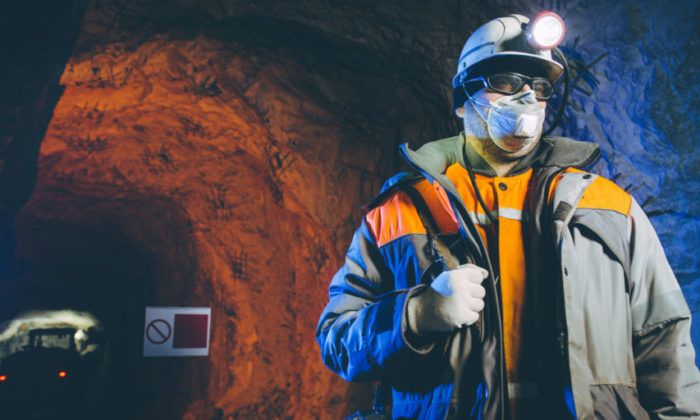
Case study
Economic and social contributions of Lihir gold mine
Lihir gold mine, located in the New Ireland Province of Papua New Guinea (PNG), is one of the world’s largest gold deposits. Production commenced in 1997 and it is estimated that there is another 31 years of gold reserves remaining at the site. Synergies was engaged by Newcrest, the mine’s owner and operator, to assess how the mine is contributing to the regional and national economies of Lihir and PNG. Both economic and social ...
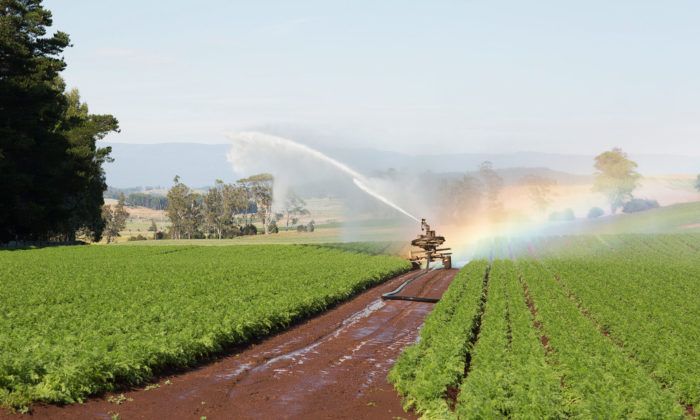
Case study
Emu Swamp Dam – Agricultural and industrial water demand assessment
Synergies undertook an assessment of the agricultural and industrial water demand that could potentially be met by the proposed Emu Swamp Dam. The analysis was part of the Strategic Assessment of the project, the purpose of which was to inform the decision on whether a Preliminary Business Case was to be taken.

Case study
Health and safety benefits of electrical switch protection devices
Electrical safety switches are now commonplace in most residential premises, but under current regulatory requirements in Queensland, only power and lighting circuits need to have safety protection devices installed. The Office of Industrial Relations (OIR) engaged Synergies, in partnership with DBM Consultants, to assess whether the current regulations should be extended to require safety switches installed on all circuits, thereby eliminating the risk of accidental electrocution in the home. To answer this question, Synergies surveyed ...
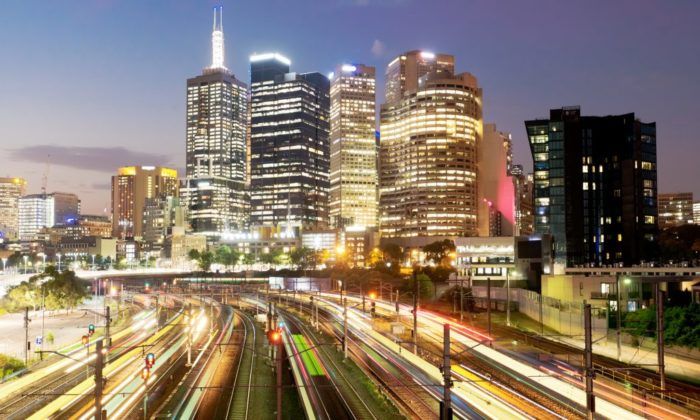
Case study
Survey of strategic issues confronting the Australian rail industry
In 2016, Synergies was contracted by the Australasian Centre for Rail Innovation (ACRI) to undertake an inaugural survey of stakeholder perspectives about the challenges, opportunities, and future strategic directions for the rail industry. The survey was designed to assist in promoting dialogue within the industry and serve as a baseline against which to measure future trends in issues and priorities.

Case study
Providing early intervention to children with autism
Synergies was engaged by the AEIOU Foundation for Children with Autism to assess the impact of providing good practice Early Intervention (EI) to children with autism, focusing on those children with moderate to severe autism. The aim of the advice was to assess what level of funding is required for the delivery of good practice EI and whether that level is met by the funding made available for small group interventions by the National Disability ...
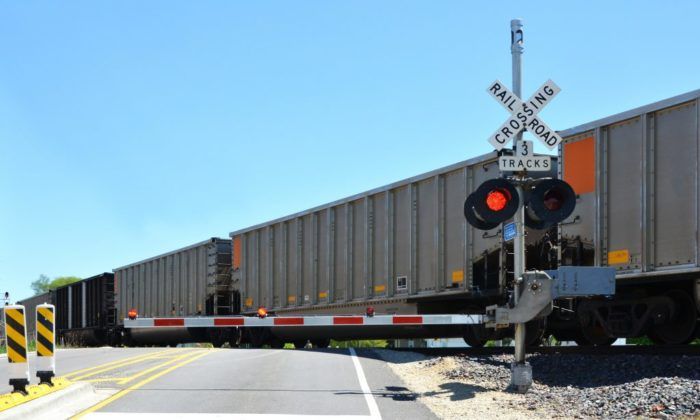
Case study
An economic pricing framework for land freight transport infrastructure
Synergies was engaged by Aurizon to prepare a response on behalf of the Freight on Rail Group (Aurizon, ARTC and Asciano) on the application of an economic pricing framework to land freight transport. The report examined alternative pricing approaches for road and rail freight services, having regard to a number of objectives and principles, and reviewed the economic issues associated with the current PAYGO approach that is used to price heavy vehicles. The report was ...
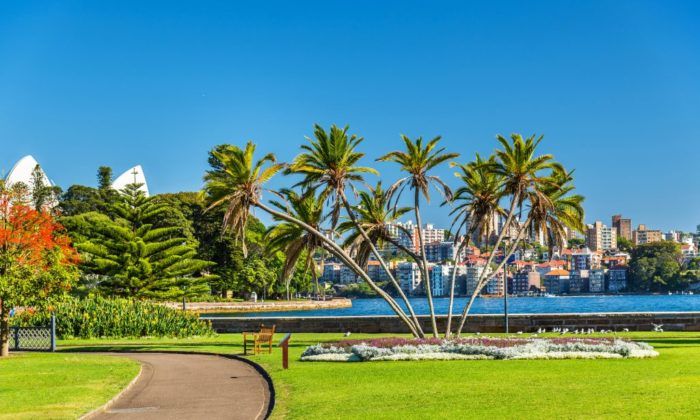
Case study
Cost benefit analysis of the redevelopment of the National Herbarium
Synergies was engaged by the Royal Botanic Gardens and Domain Trust to conduct an economic evaluation of the proposed relocation of the National Herbarium of New South Wales to a purpose-built facility in the Australian Botanic Garden at Mt Annan. The current location provides sub-optimal conditions and has reached capacity. Our cost benefit analysis of the proposed relocation evaluated the positive and negative economic impacts of the relocation.

Case study
The potential of microgrids to support economic development in remote communities
Advances in technology are fundamentally transforming the way in which energy services can be provided, and are allowing services to be provided more efficiently. Standalone power systems, for example, use a mix of different technologies to allow individual customers continuous energy supply without the need for grid connection. Microgrids use intelligent technologies to enable consumers to become ‘prosumers’ and actively generate and trade power on a controlled platform that ensures continuous energy supply to a ...

Case study
Economic impact evaluation of Royalties for Regions investments in education projects
Synergies was engaged by the Department of Primary Industries and Regional Development (DPIRD) to evaluate the economic impacts of Royalty for Regions program investments in the education sector. A whole-of-economy CGE model was used to examine the size and distribution of welfare impacts across nine regions in Western Australia.

Case study
Economic Analysis of Beyond Billabong Programs
Synergies Economic Consulting undertook a cost benefit analysis to assess the economic impact of programs delivered by Beyond Billabong, an organisation which works with highly disadvantaged young people. Beyond Billabong’s programs have been shown to achieve positive outcomes for children and young people who have experienced trauma and abuse. We assessed the economic benefits to the community of these programs which in turn, demonstrated that the value and efficiency of government funding could be maximised ...

